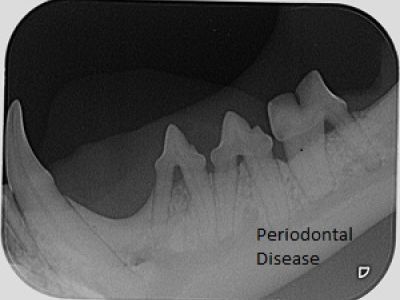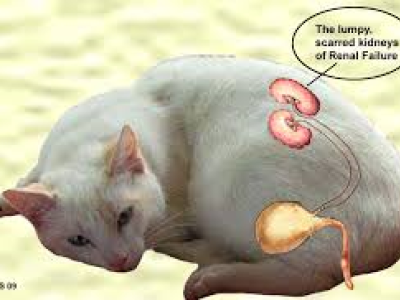Puppies During Pandemic

You’re home all day, with plenty of time for walks and attention, what better way to spend this time than to get a new puppy? Puppies are bundles of love and joy during these testing times, but we all know dogs depend upon routine.
There has been a lot of discussion recently of an imminent rise in separation anxiety in our pets, particularly new dogs. Having owners home all day to smother them with love and affection will become a normal routine for them. As we eventually begin to transition back to our normal working and social lives, these new pups won’t understand how to be alone, more often resulting in separation anxiety.
What is separation anxiety? It is an anxious emotion dogs can experience when they are left alone or apart from their human. The concern is that these pups may suffer anxiety when the COVID-19 restrictions are lifted. The most important thing we can do for these young pups/kittens is to ensure they are taught the ability to be alone. It could be as simple as assigning your dog time in a separate room or backyard each day or providing toys for them to occupy themselves. It’s all about alone time.
As humans, the ups and downs of life affect us all, we have a vast amount of complex emotions constantly reeling through each day. Although much simpler, dogs can feel an array of emotions ranging from fear, love, shyness to disgust. The hardest part of our pet relationship is limitation on communication. It is important to be observant with regular behaviour so we can pick up when something is wrong or out of the ordinary.
Anxiety in dogs is a real issue and there are many types of anxious behaviours.
Overly exaggerated emotions before leaving or arriving home can be an indicator that your dog is missing you more than you imagined. To minimise this, make leaving and arriving home low key. It is also important to rule out any medical conditions that may be causing this behaviour.
Does your dog tend to get nervous when you pick the keys up or put your shoes on? They may recognise regular habits you have preparing to leave home and they associate this with an anxious feeling. It may help to do these usual habits regularly without any intention of leaving home to allow your dog to disassociate those actions with your absence.
The best option is to teach your pet from early on about alone time. If you find anxiety is an ongoing issue for your pet’s we can provide support via advice or medication. We are always available for support.


